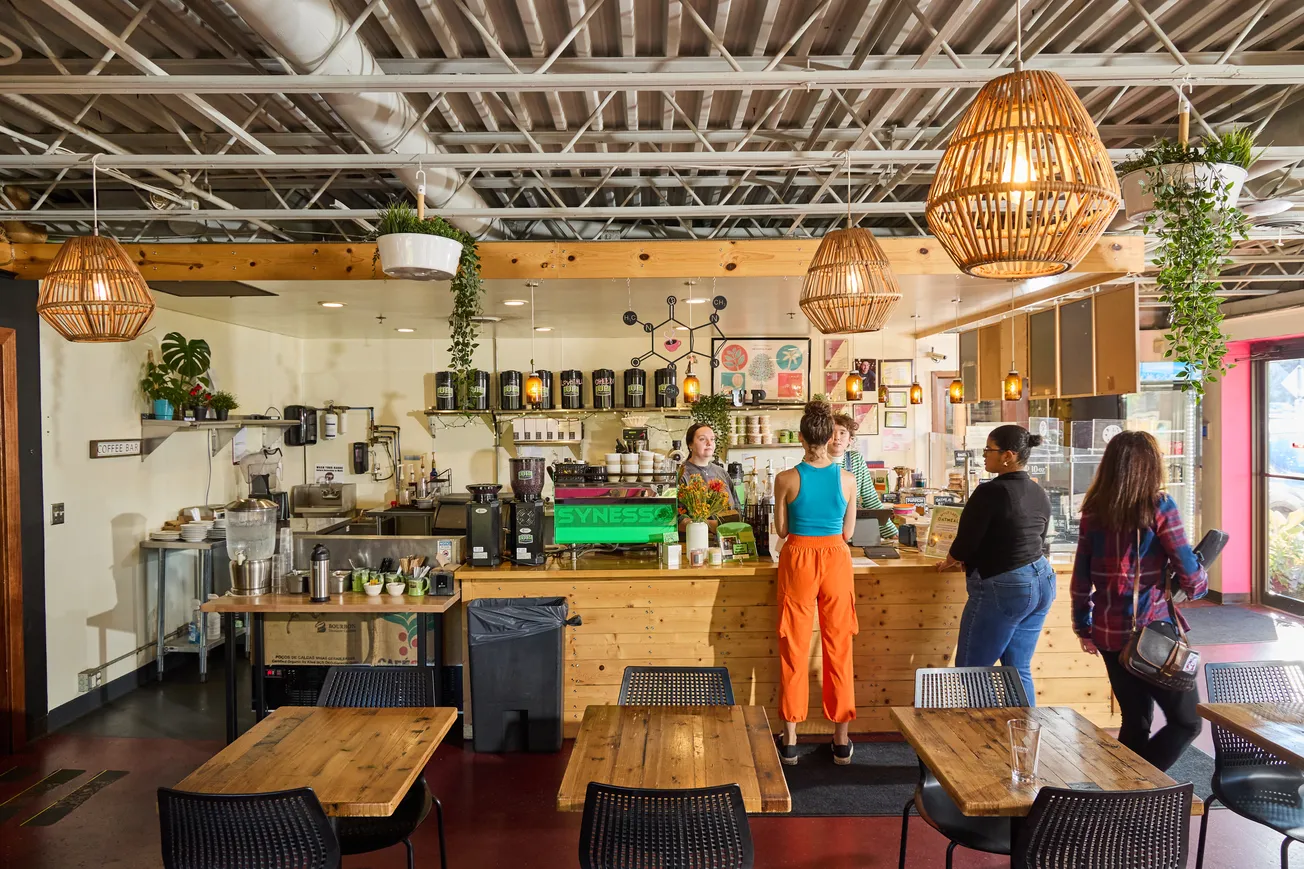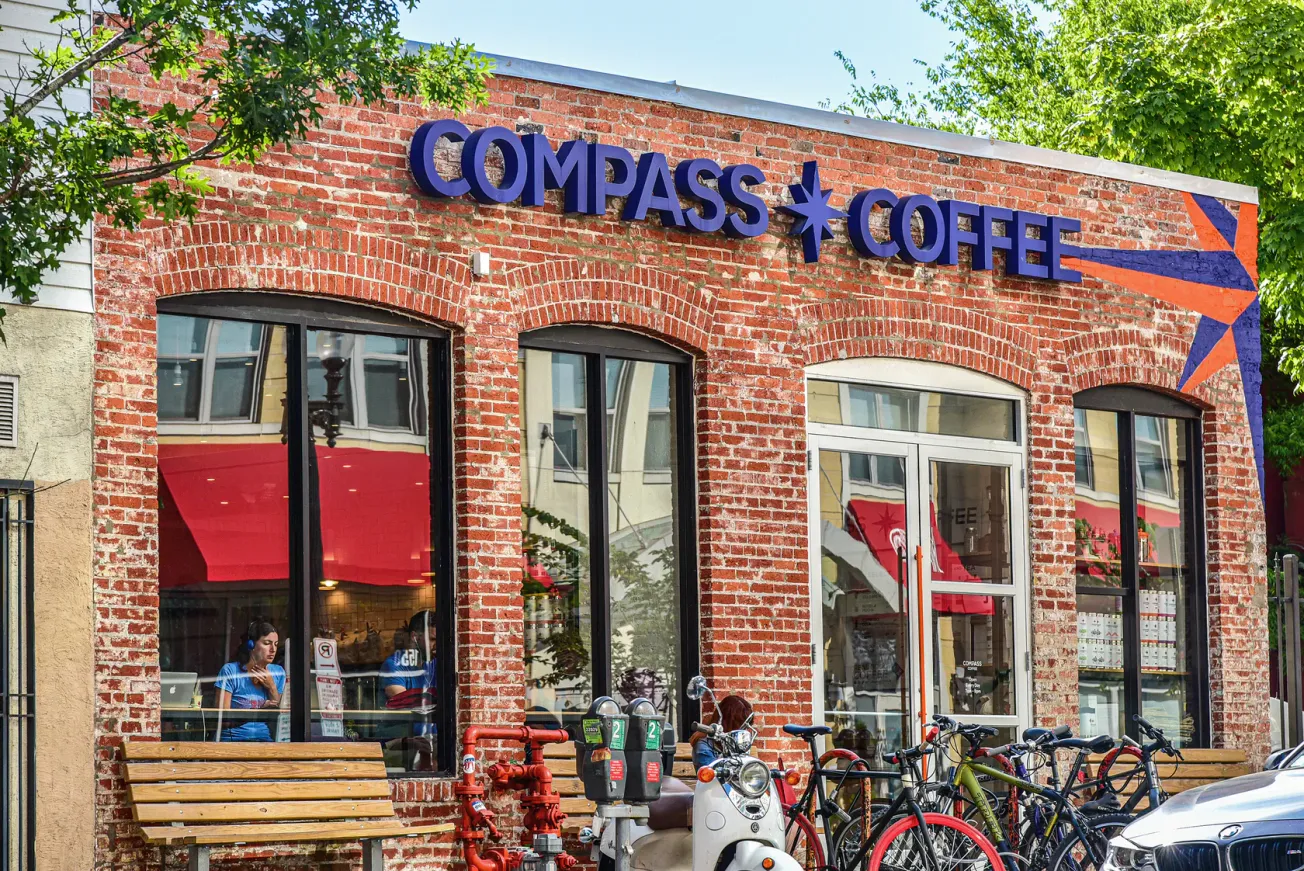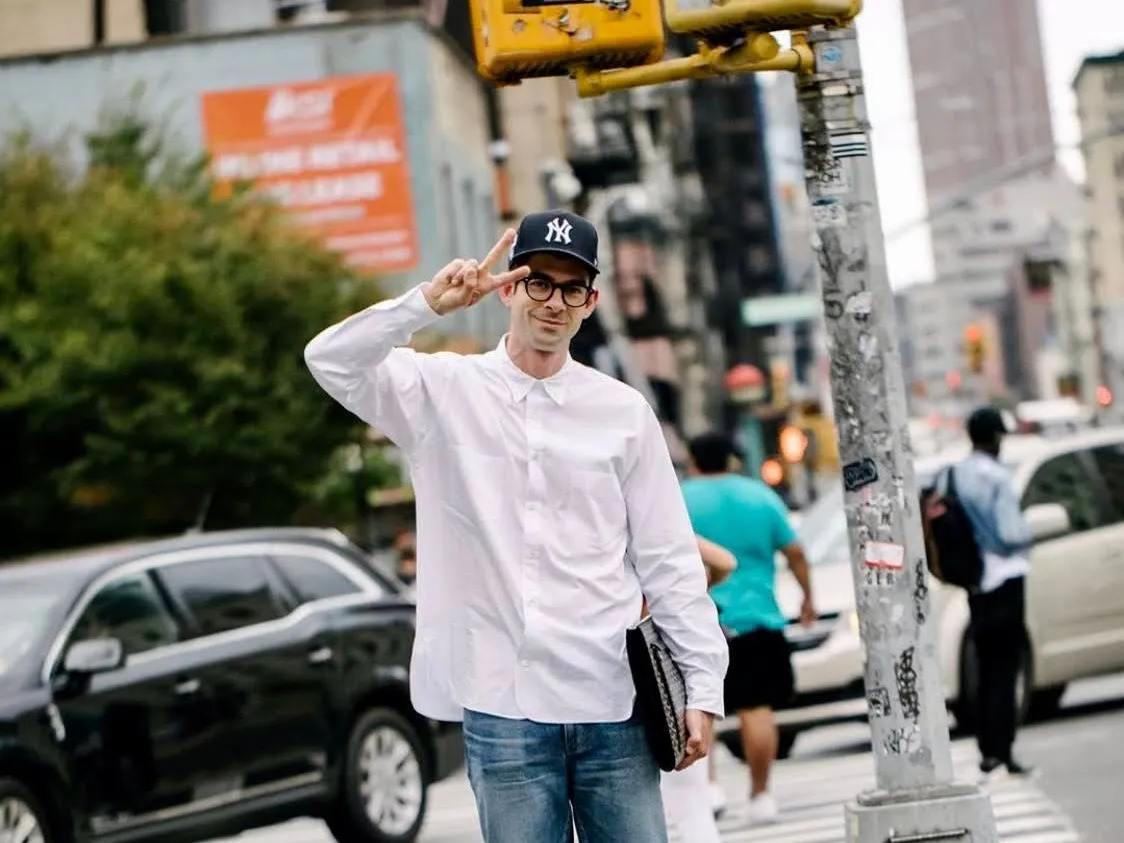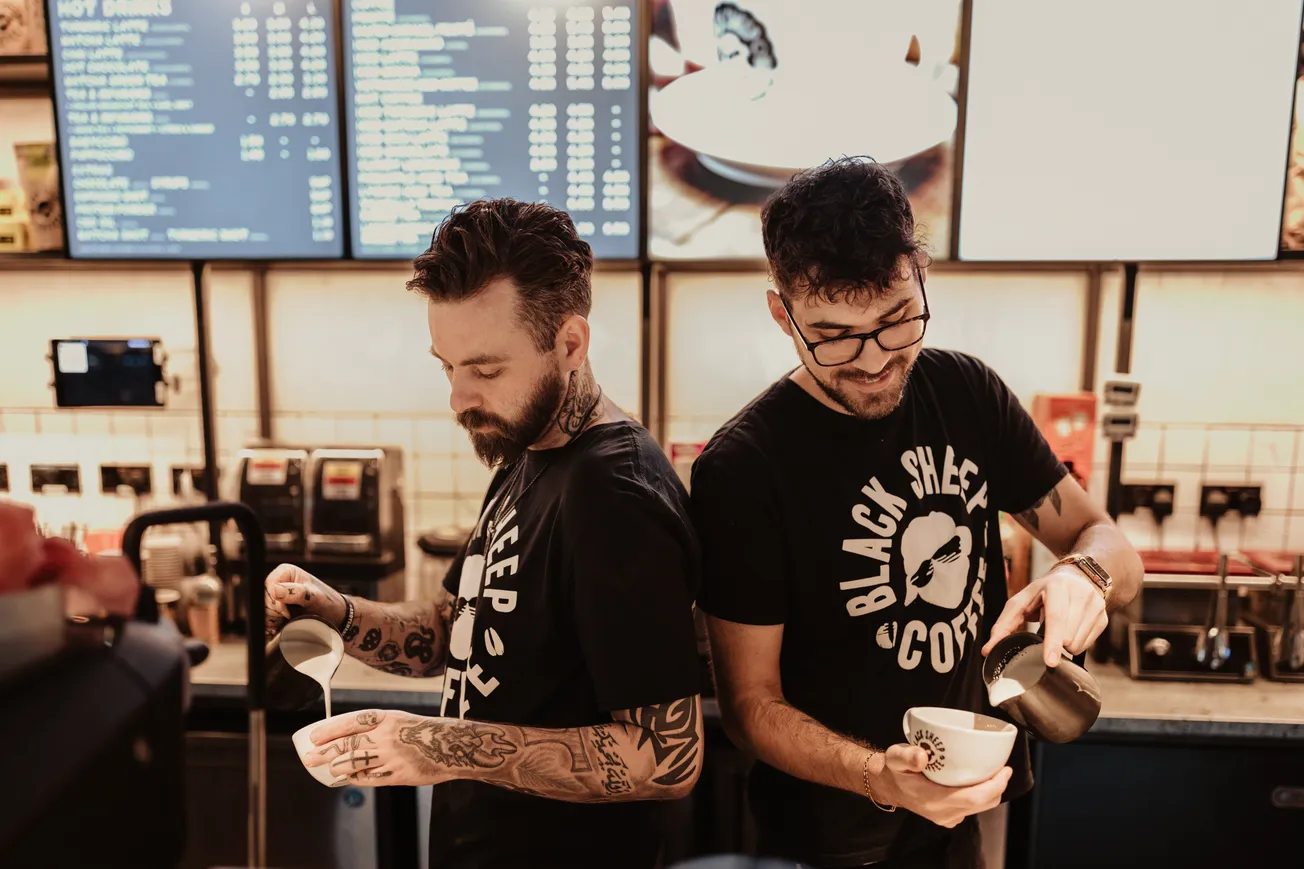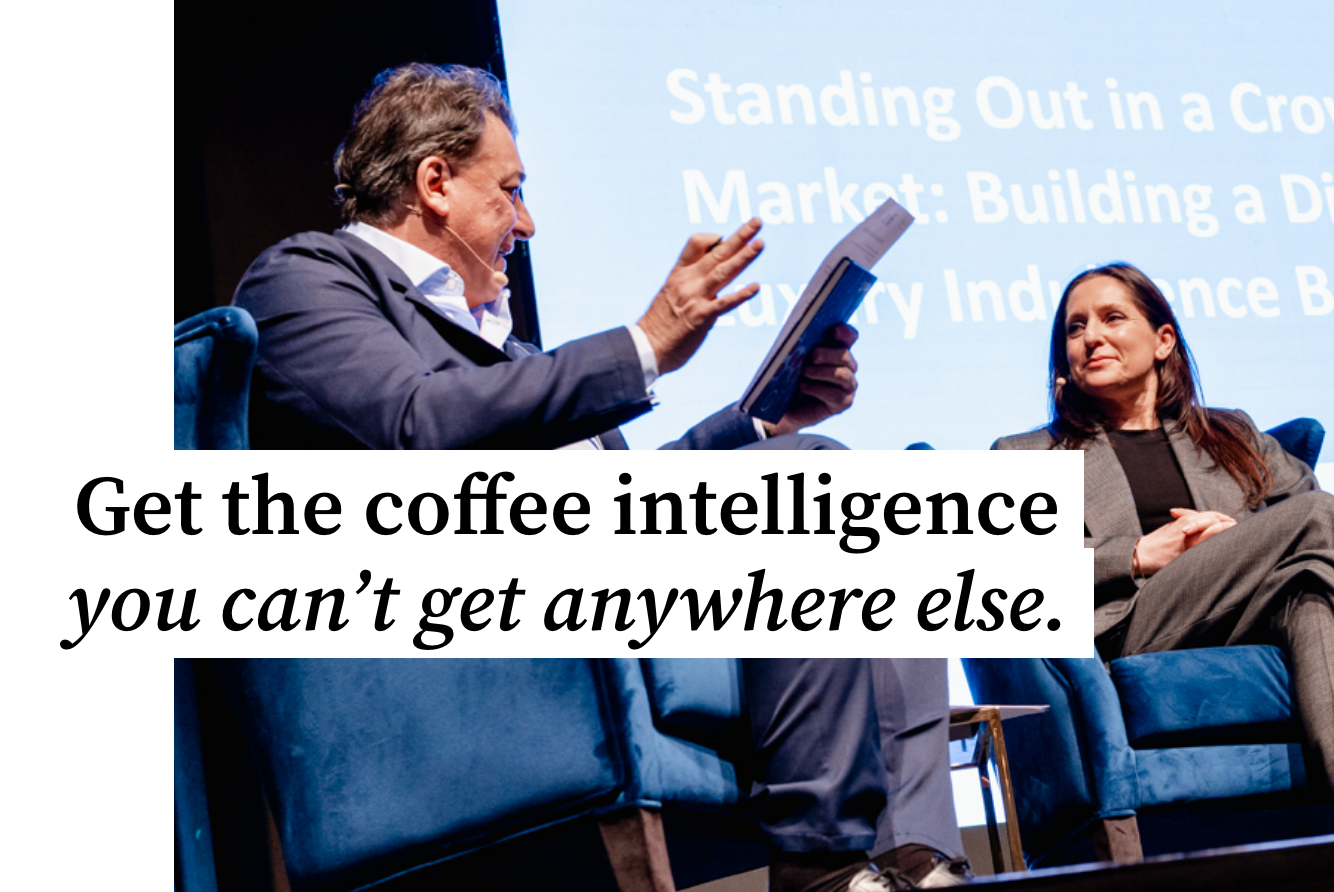Building on a career spanning 16 years, Jake Leonti joined New York-based Gregorys Coffee in February 2024 and led the transformation of the specialty coffee group’s sourcing programme to maximise variety, quality and cost effectiveness. Here, the former La Colombe, Caffé Nero US and Coffee of Grace executive outlines his approach to securing new direct trade relationships, the growing allure of specialty robusta and what record-high C-market prices mean for coffee quality
When I joined Gregorys in February 2004, the business relied on one or two green importers, and this created an unfavourable purchasing situation in terms of leverage, variety and options. By diversifying sources, I was able to leverage our volume for more advantageous deals with certain vendors while securing our supply for longer periods. This move also provided me with more options to choose from, both in terms of origin, traceability and quality.
Choosing which countries to work with differs for blends and single origins. Selecting for blends starts with flavour and meeting objectives for taste and quality. It is then important to factor in volume needs and availability. Once I’m able to narrow down the selection within these parameters, I then look to relationships. Do I have a contact I trust to bring all these components together consistently? If the answer is ‘yes’, then it becomes very easy.
For single-origin, there is more freedom. I can do limited offerings, take chances and play a little more. For these coffees, I often start with relationships and then find a coffee I think will work. Sometimes I get a hankering for a specific profile, and I’ll seek it out for a specific roll-out or promotion – although the coffee often finds me.
Establishing direct trade relationships is not something to go into lightly. It is important to have a clear understanding of the value chain, what is paramount to your company and what is most valuable to your partners. For direct trade to work, you must come to the table seeking to make an arrangement that is mutually beneficial to ensure longevity and consistency. There is a lot of trust involved.
I first did this with Coffee of Grace, importing full container loads from Rwanda, Guatemala, Colombia and Peru. It was important to the owners that we worked directly with growers to make sure that they would receive well above Fair Trade prices. This involved first establishing contacts, getting green samples to test to determine desirable flavours, and where to focus within the country.
Next, visits are planned to make inroads with exporters, assess washing station management and, finally, down to the farm level. It is imperative to perform your due diligence at every stop the coffee makes by visiting wet mills, dry mills, loading docks and dry storage facilities. You must understand the journey your coffee is making so you can set the parameters for how that coffee is to be treated, handled and held.
Once you’ve broken bread, agreed on quality, quantity and price, you’re then ready for logistics. There is a lot of risk in working this way, so it is important to understand the risks before jumping in. We took possession of the coffee at the farm gate and booked trucking, freight on container ships, secured our import bond, and once it landed in the US, we trucked it up to our own warehouse.
The best part of this process is bonding with the people who help you shepherd the coffee through its journey. This is why it is so crucial to work with people you like and trust, because you will be spending time with them, and you rely on each other to make it work.
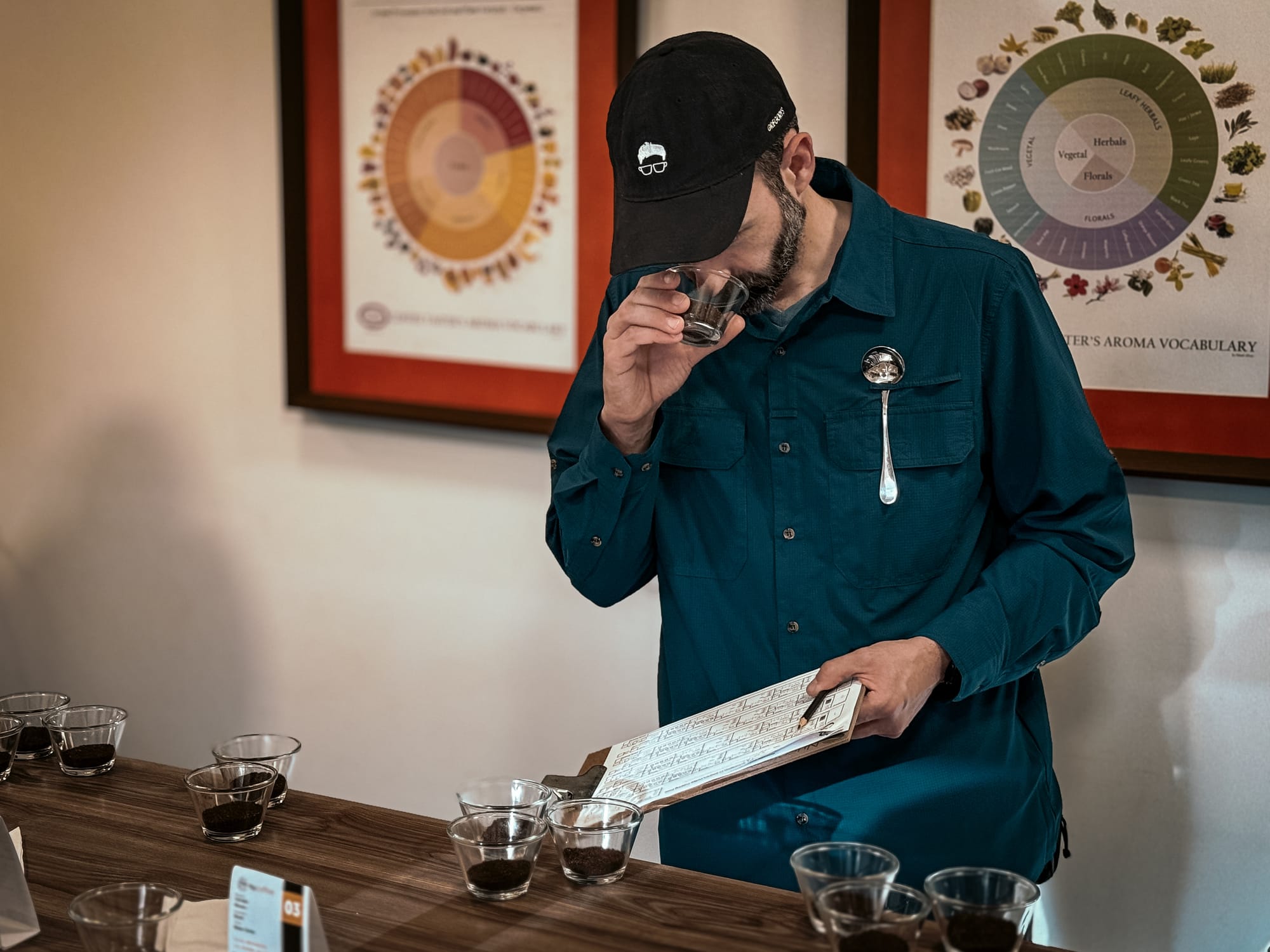
More room for robusta
I may have been schooled by all-arabica brands like Groundwork and La Colombe; however, I never turned my nose up at robusta. Robusta has played such an important role in Italian blends and can offer an entirely different scale of flavours that you’d be hard-pressed to find in arabica.
I believe the American coffee palate has evolved tremendously over the last three decades. We have had access to great coffee for long enough now that we no longer need to degrade or mock a product because we feel insecure about our own taste preferences. I think people are in a place to appreciate something other than acidity. I also believe that most people will enjoy the flavour profile of a clean, well-processed robusta unprompted.
One of the main values at Gregorys is to ‘see coffee differently’, and to me, that meant creating a coffee programme that didn’t look like everyone else. The idea is to expose our customers to many ways of enjoying coffee. I can’t promise they will like it. However, I can promise it will be the best version of that coffee they will find. I increasingly find specialty coffee roaster menus look like cut-and-paste versions of each other. It sometimes feels like they are all selling the same handful of coffees from the same handful of farms when there is so much more choice than is being offered.
Will Gregorys have more robusta on the menu going forward? The coffee from Vietnam Central Highlands was very successful, so I’m sure we will find a place to offer more in the future. There was a serious shortage of robusta in 2024, so it was a bit of a challenge to find the robusta profile I was looking for.
The future of specialty coffee
The situation with the C market is such a layered and unprecedented phenomenon. My understanding of the high C price is that it’s having a negative effect on coffee quality, as there is less incentive to do the extra work when prices are high, even for low quality. Additionally, it has put strain on relationships as some producers and exporters prefer to default on old contracts for short-term gains. I’m sure farmers are seeing some benefit, however, it would be naive to believe that all farmers are rejoicing and getting rich. The truth is, most are likely not seeing much upside, but it varies from country to country.
The true space race in coffee is the ability to capture the perfect final flavour of a well-brewed coffee in a shelf-stable, preserved form to ensure the end-user can experience the intention of the roaster. This is what the wine industry has been able to do well. Canned cold brew is close, but it is not as expressive, and it still requires a cold chain.
Jake Leonti started his coffee career in 2009 as a sales executive with US specialty coffee roaster and retailer, La Colombe. He then held Director of Coffee roles at Boston-based Back Bay Roasters and New York’s Coffee of Grace and Dell’Aria. He also worked for Caffé Nero US between 2014-2020, where he developed the brand’s first filter coffee blend and single origin offering in the US and UK and launched its debut ready-to-drink (RTD) cold brew products internationally. Jake Leonti has been Director of Coffee at New York-based specialty coffee group, Gregorys Coffee, since January 2024



